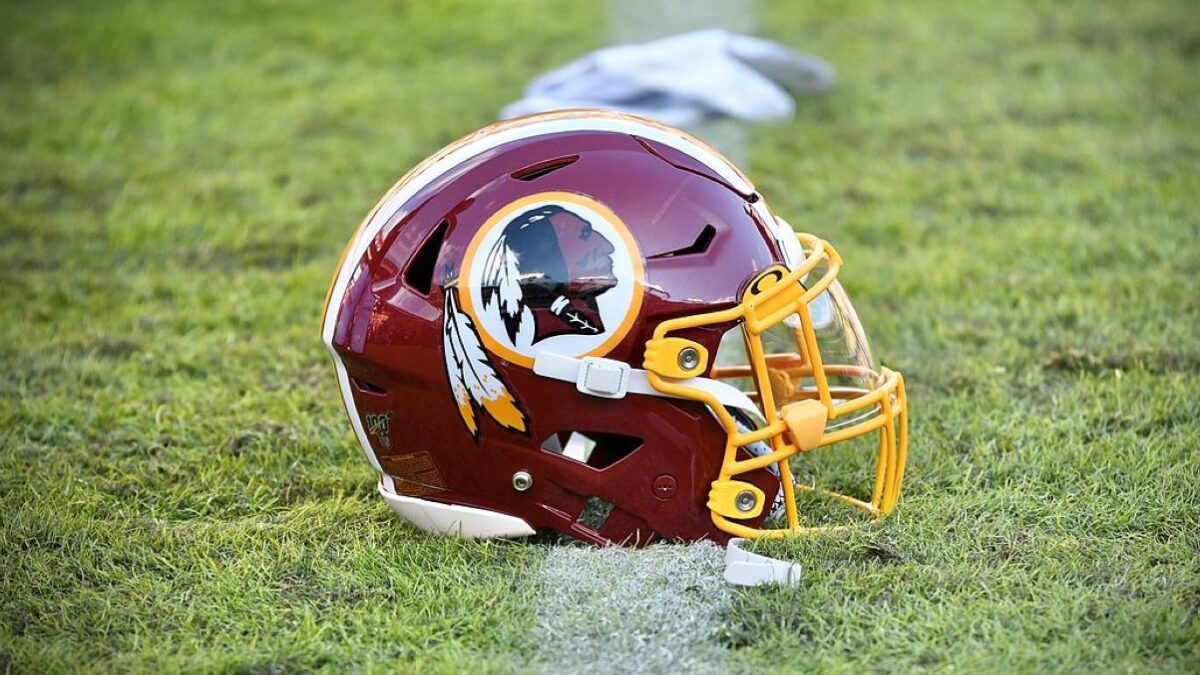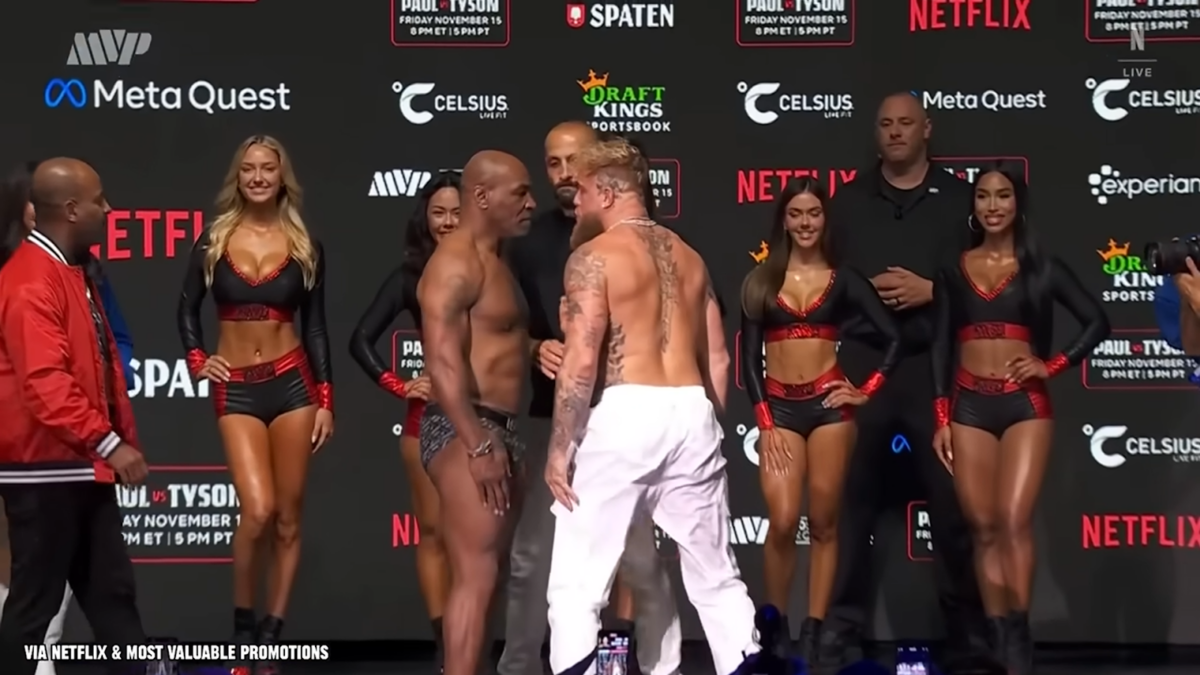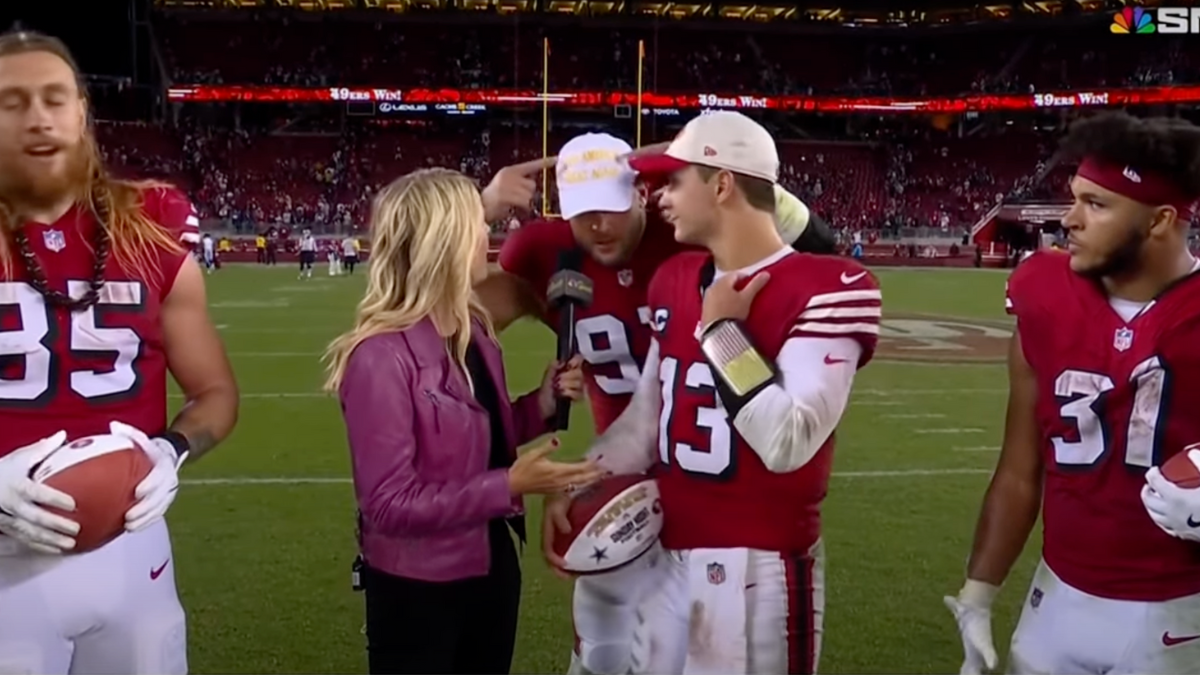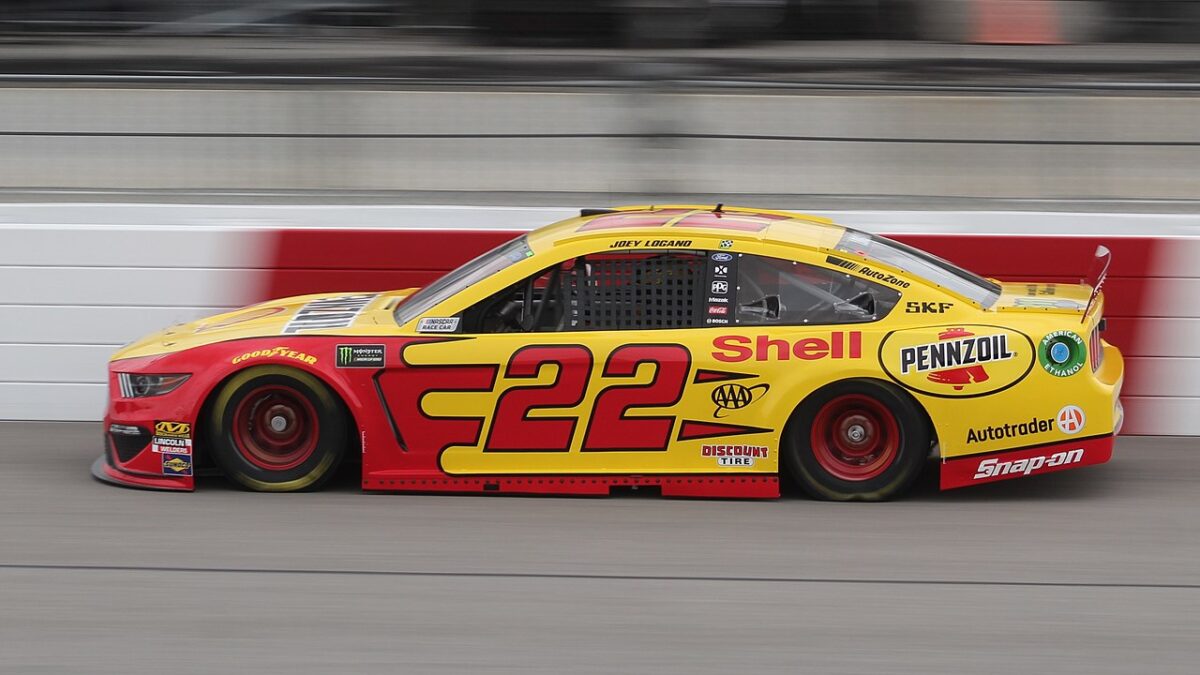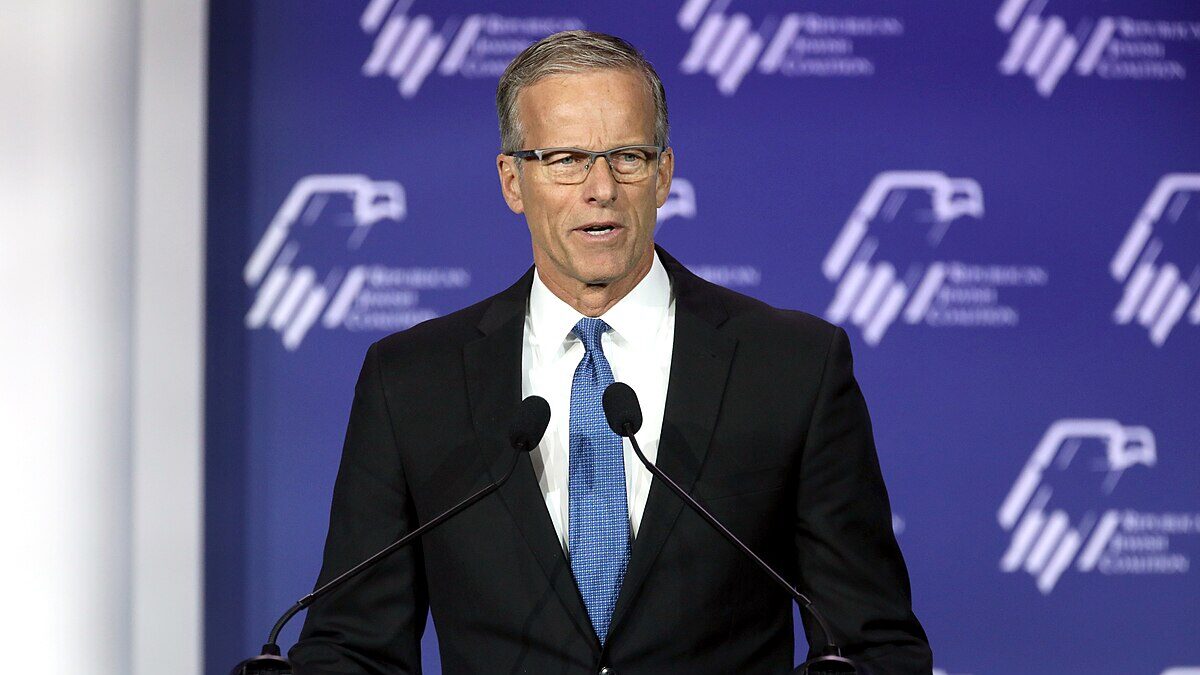
James Harden, not Russell Westbrook, should be this year’s most valuable player.
You might wonder: How could anyone think this? How could anyone possibly deny the player whose stat line is the greatest in the modern NBA era? How could anyone possibly deny the player whose only statistical match, when measuring the top three categories — points, rebounds, and assists — is Oscar Robertson, the man who averaged a triple-double across an entire season? How could anyone possibly deny the player who has single-handedly guided a mediocre team through the raging, broiling Western Conference crucible and into the playoffs?
There is no denying that Westbrook has had a breathtakingly special season. Here’s the problem: all of the above is true of Harden as well. Lost in the Westbrook mania is the fact that the Bearded One is matching him stat for stat, all while shooting fewer shots, requiring fewer overall possessions, and securing a far more impressive win total for his team.
James Harden Took an Average Team Platinum
This last point is really important. Harden’s Houston Rockets have a higher winning percentage than every single team in the Eastern Conference, including LeBron’s Cleveland Cavaliers and the conference-leading Boston Celtics. The Rockets have the third-best record in the league, behind only the San Antonio Spurs, whose undying excellence is Patriots-esque, and the Golden State Warriors, who during the All-Star Game had four players on the court at one time and just last year broke the single-season record for most wins of all time.
The Spurs have Kawhi Leonard, LaMarcus Aldridge, and the irascible genius Gregg Popovich. The Warriors have Steph Curry, who has won the MVP the last two years, Kevin Durant, Klay Thompson, and Draymond Green.
The Rockets have…James Harden. Yet the Rockets have just two more losses than the Cavs did last year. Why is that significant? The Cavs finished first place in the East last year, and went on to win the NBA title. Who do the Cavs have? LeBron, obviously and most prominently, but also All-Stars Kyrie Irving and Kevin Love.
At the start of the season, Vegas gave the Rockets the same odds to win the NBA title that they gave the Minnesota Timberwolves and the New Orleans Pelicans. These are two teams who have fallen far short of even making the postseason, and despite sharing multiple stars between them, fell more than 20 wins shy of matching the Rockets’ win total.
I’m not arguing that Vegas dramatically undervalued the Rockets. On the contrary, Vegas — and basketball pundits more generally — appraised them more or less accurately. That’s what’s so earth-shattering about Harden’s season. He’s taken an average team — their other best players are Eric Gordon, Lou Williams, Trevor Ariza, Patrick Beverley, and Clint Capela — and elevated them to inconceivably lofty heights, record-wise.
What’s likelier: That every single one of these players is having a career year? Or that Harden’s offensive genius is significantly contributing to their stellar play? Typically, it’s Harden’s slashing prowess that leads to kick-out open threes. He does this better than anyone in the league. But notice on this play Harden’s ability to have the entire defense collapse in on him, allowing him to choose from among several options the likeliest way for the Rockets to score:
Positionally, Westbrook has guided the Oklahoma City Thunder to no special place. The Thunder will go into the postseason as the West’s sixth seed, which is in the bottom half of the conference. They’ve got the tenth best record in the league overall, are 16th in offensive efficiency, and 11th in defensive efficiency. This alone would make Westbrook an unprecedented selection. Let’s take a look at the last three decades of MVP winners.
Why Team Success Matters to Earning MVP

One of the biggest obstacles to seeing Westbrook as this year’s most valuable player is that winning is a significant criterion. The award is often wrongly construed as an individual accolade — the word “player” is singular, of course. But the word “value” is also there, and MVP voting has considered team success precisely because winning is seen as one of the highest functions of value. As an award that ostensibly measures value, the reasonable assumption built into the history of NBA MVP voting is that value ought to be partially defined by team success. Otherwise what good are all the individual stats doing? What value is being generated by the stats padding?
There is yet another reason team success is built into our conception of value. It is far easier for a superstar to stand out, stats-wise, on a less successful team.
Consider a hypothetical: take any superstar in the league — LeBron James, Steph Curry, Kevin Durant, James Harden, Russell Westbrook, Anthony Davis, etc. — and place them on a D-League team. Now promote that D-League team to play in the NBA.
Here’s what will happen: the superstar will destroy all statistical categories on his way to missing the playoffs. Should such a player be awarded the MVP based on his raw numbers? Historically, at least, MVP voting has construed winning as a necessary condition for earning the award.
Neither Harden nor Westbrook have very good supporting casts. Yet Westbrook has decided to shoot, on average, five more shots per game than Harden. Since Harden’s shooting percentage (.438) is slightly better than Westbrook’s (.426), and since Harden takes more three-pointers and gets to the free-throw line more often, if Harden were to chuck up five more shots each night, he would have more points per game than Westbrook.
It’s the Triple-Doubles Harden Has to Overcome
Westbrook’s numbers are undeniably sensational. He’s averaging 31.9 points, 10.7 rebounds, and 10.4 assists per game. This means he will end the season averaging a triple-double, a feat only accomplished by one other player (Oscar Robertson in 1961–1962). LeBron James — the consummate all-around player — has 55 triple-doubles throughout his 13-year career. Westbrook just got his 42nd of the season. What’s mind-boggling about these numbers is his triple-doubles have not been of the 15–10–10 variety — he’s averaging nearly 32 points per game while still getting 10 and 10.
To put this in perspective, Derrick Rose, a player whose pre-injury profile was similar to Westbrook’s, won the MVP award in 2011 by averaging 25 points, 4.1 rebounds, and 7.7 assists per game. Westbrook’s numbers obliterate these.
The problem, once again, is that Harden’s numbers do too. Here’s his stat line: 29.1 points, 8.1 rebounds, and 11.2 assists per game.
Prior to the season, NBA.com’s David Aldridge suggested that if Harden could register 26 points per game and 9 assists per game on a team that makes the playoffs, this should generate “strong MVP consideration.” Harden has spectacularly exceeded each one of these metrics. He is getting basically 30 per game, leading the league in assists at more than 11 per game, and his team has the third-best record in the entire league.
The only reason he is not the runaway MVP is because Westbrook is averaging a triple-double for the season. I won’t argue that the triple-double is arbitrary, but a strong case can be made for seeing it as somewhat misleading.
One of these two players is averaging a triple-double and the other is not. Upon first glance, this can suggest that Westbrook’s season is a dazzling, history-defying spectacle, whereas Harden’s season is condemned to the milder, more mundane sort of excellence no one writes paeans about.
But it only seems this way when we use this binary category — the triple-double — as our main evaluative grid. When we look purely at the numbers, here’s the reality: Harden is getting two fewer rebounds per game, but one more assist per game. Is that really the sort of discrepancy that warrants seeing one of the two as having achieved something historic while the other must settle for coming across as a garden-variety MVP candidate?
Let’s Bring In Some More Advanced Analytics
If the triple-double is clouding our judgment, we need the purifying work of statistics to disabuse us of this error. The Rockets, led by General Manager Daryl Morey, are perhaps the NBA team most attuned to advanced analytics for guiding franchise decision-making. Here are some aspects to Harden’s game they would like NBA viewers to consider:
- In the last 40 years, nobody has surpassed 2,400 points and 900 assists. Harden is on pace to come the closest anyone’s come in four decades, falling a few points shy of the record.
- Harden’s stat line has only one statistical match: Oscar Robertson. They are the only players who will finish a season averaging 28 points per game, 7 rebounds per game, and 11 assists per game. Magic Johnson and LeBron James — two all time greats most associated with possessing a well-rounded game — never achieved this.
- Harden has broken the single-season record for most 20+ point, 10+ assist games in a single season.
- Harden is the only player to score 2,000 points and assist on 2,000 points in a single season in NBA history.
Most importantly, Harden’s spellbinding statistics have been in the service of team success. Despite losing star center Dwight Howard to free agency, the Rockets will finish with 13 or 14 more wins this year than they had last year, and the most causally significant factor is Harden’s play. Harden leads the league in total touches per game, and in what is perhaps the most significant statistic of them all, Harden is number one in the league in win shares, which estimates how many wins an individual player has contributed to his team. Westbrook is fifth.
This is despite Westbrook’s stats padding. Here’s just one example of how Westbrook is artificially pumping his numbers:

(Source: SportVU)
This table registers the total number of rebounds off missed free throws throughout the course of the season. Look at the names on that list: Westbrook and Harden, in virtue of the positions they play, have no reason to be there. This list should be entirely populated by power forwards and centers. Yet Westbrook is going after rebounds off missed free throws far more than Harden, which, on a per game basis, is generating that extra rebound Westbrook has needed to average a triple-double for the season.
Doesn’t this just showcase effort? Shouldn’t we praise Westbrook for this rather than punish him? Actually, these are rebounds the defensive team is going to get anyway — in other words, Westbrook is making no real contribution when he, rather than one of the Thunder’s big men, snatches down one of these boards.
This is a trend for Westbrook. His usage rate is astronomically high — around 7 percent higher than Harden’s, despite Harden virtually matching him stat for stat. What would Harden average if he had Westbrook’s usage rate? Thirty-five points per game, eight rebounds per game, and 13 assists per game. The case for Harden over Westbrook is that Harden is basically putting up the same numbers Westbrook is, yet doing so in a way that generates far more team success.
But all of the above is basically just fluff. Here’s the real clincher for Harden: Skip Bayless has given the MVP nod to Westbrook. If there’s ever a consideration that works against a player who is ostensibly being praised, this has to be it. Case closed. Congratulations, Harden!


